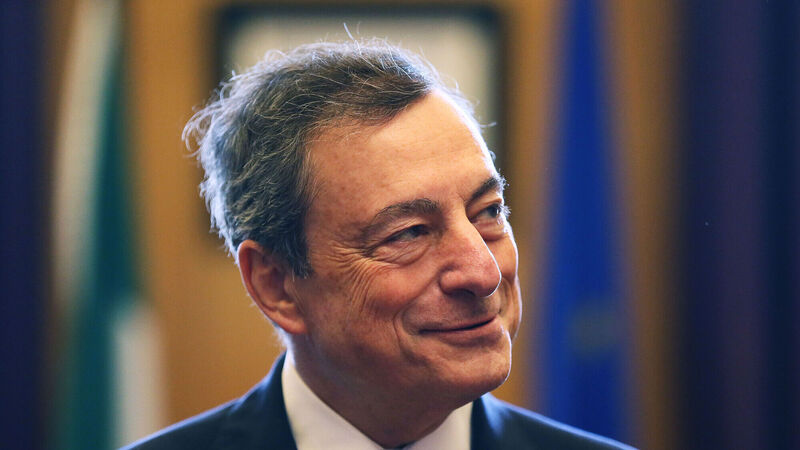Draghi calls for huge investment to bolster EU's competitiveness

Former President of the ECB Mario Draghi said a plan needs to be created to meet the bloc's climate targets and boost defence and security of critical raw materials, calling the task 'an existential challenge'.
Former European Central Bank president Mario Draghi called on the EU to invest as much as €800bn extra a year and commit to the regular issuance of common bonds to make the bloc more competitive with China and the US.
In his long-awaited report on EU competitiveness, Mr Draghi urged the bloc to develop its advanced technologies, create a plan to meet its climate targets and boost defence and security of critical raw materials, labelling the task “an existential challenge.”











